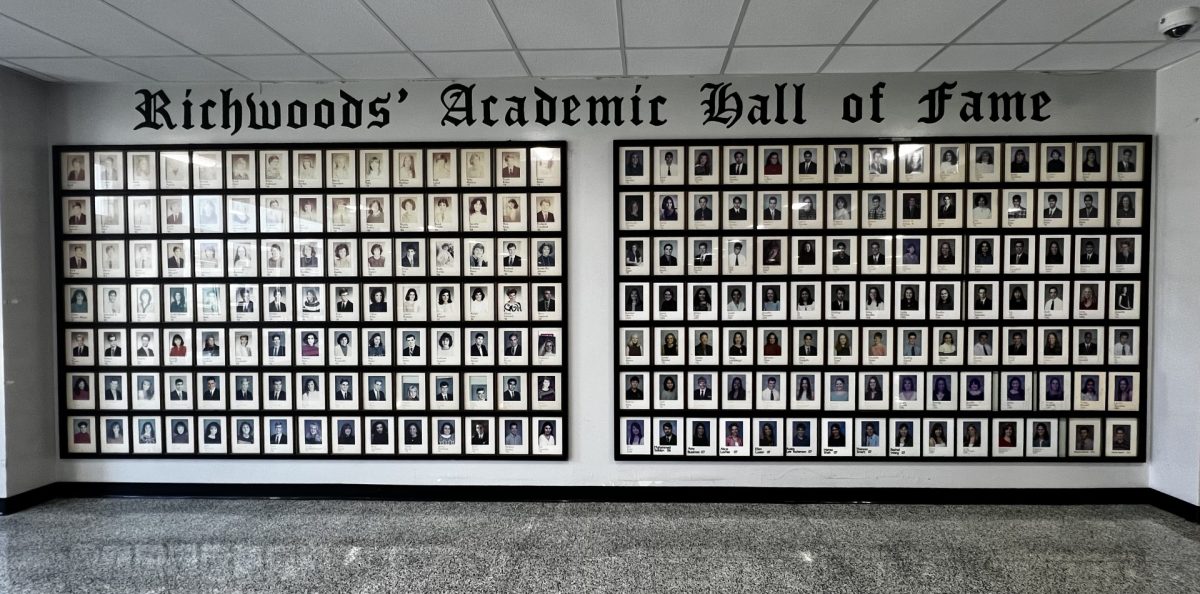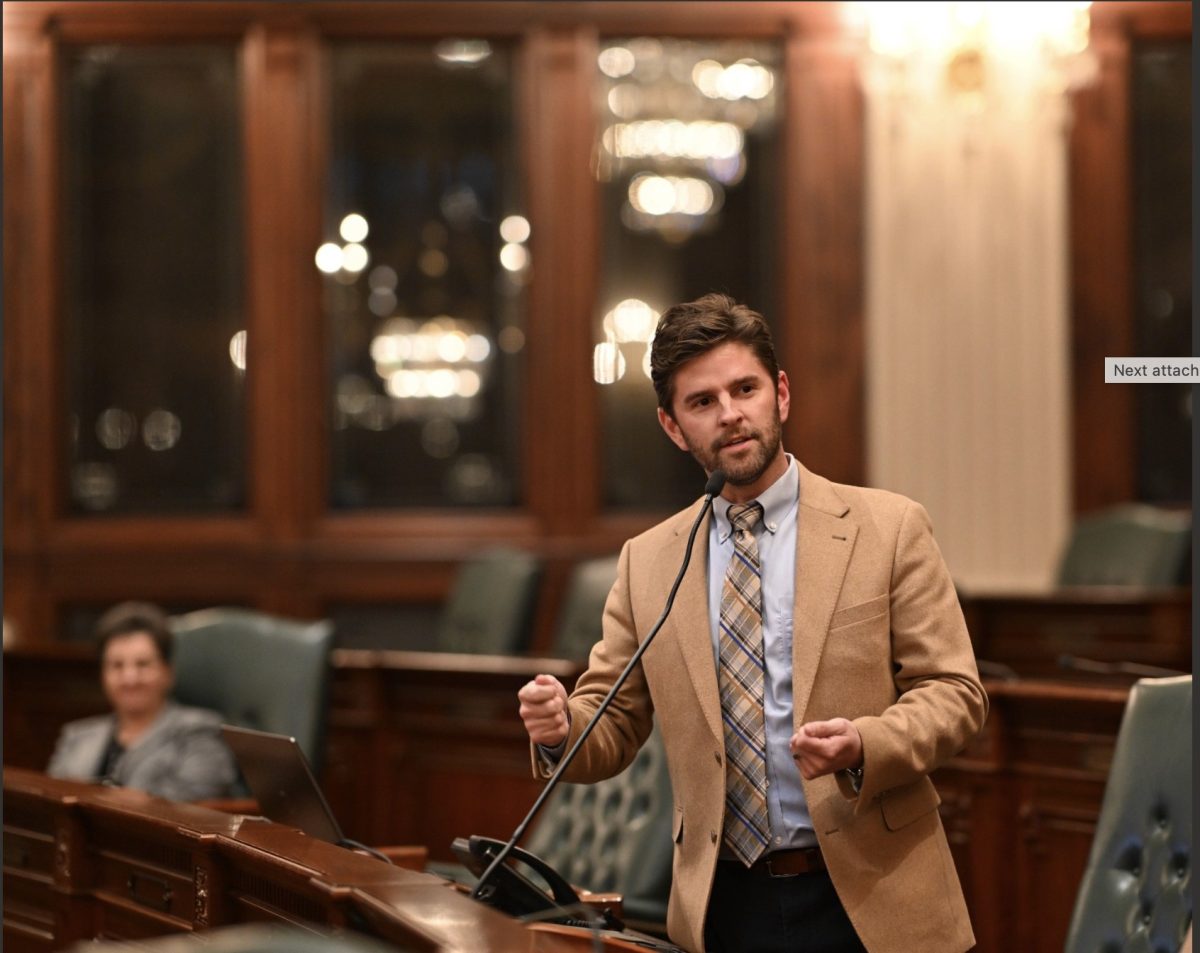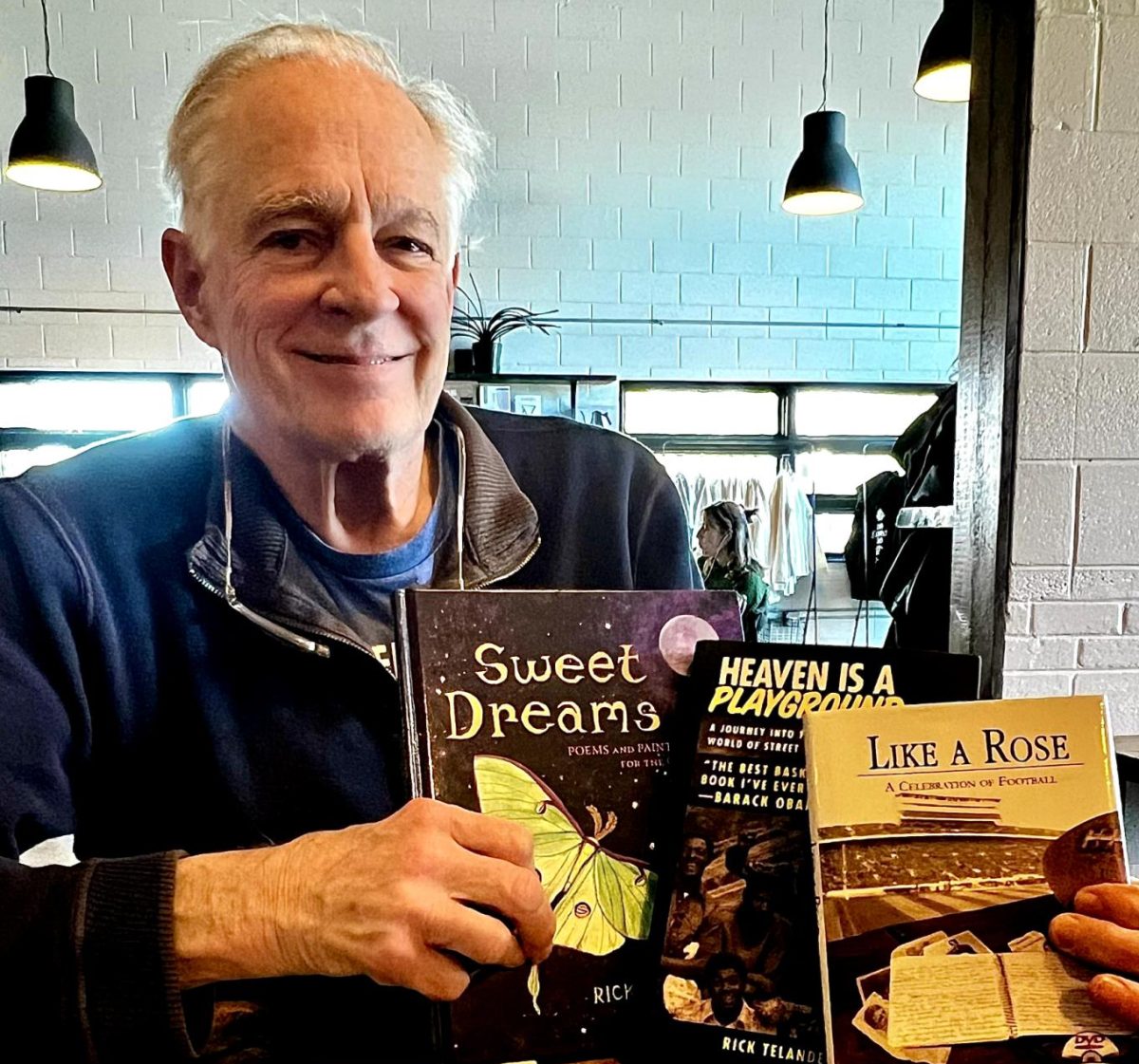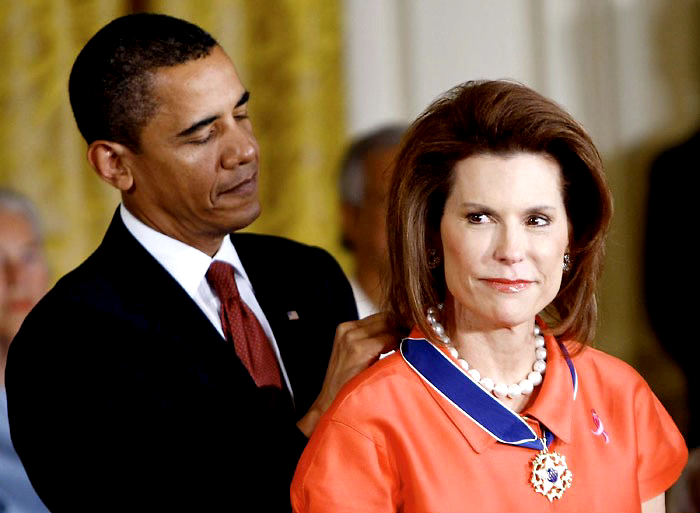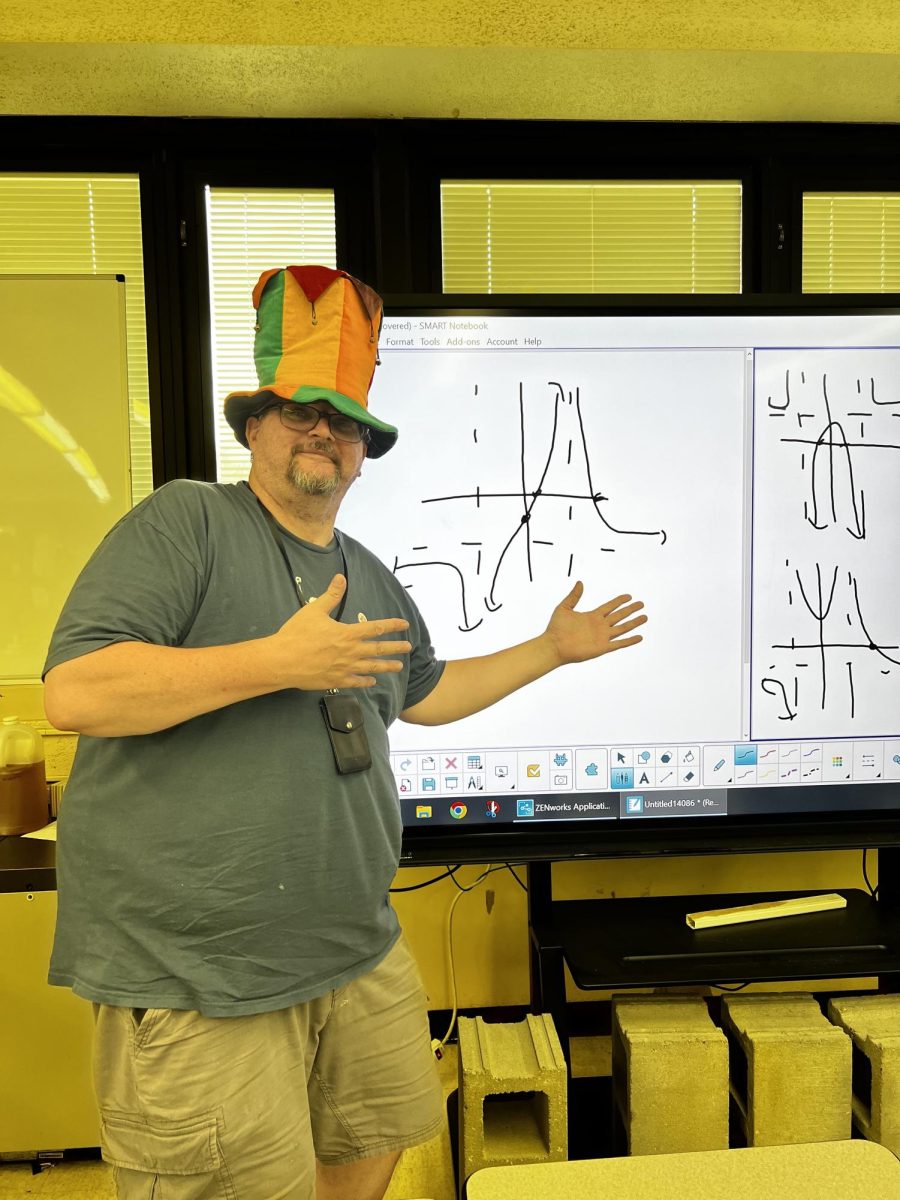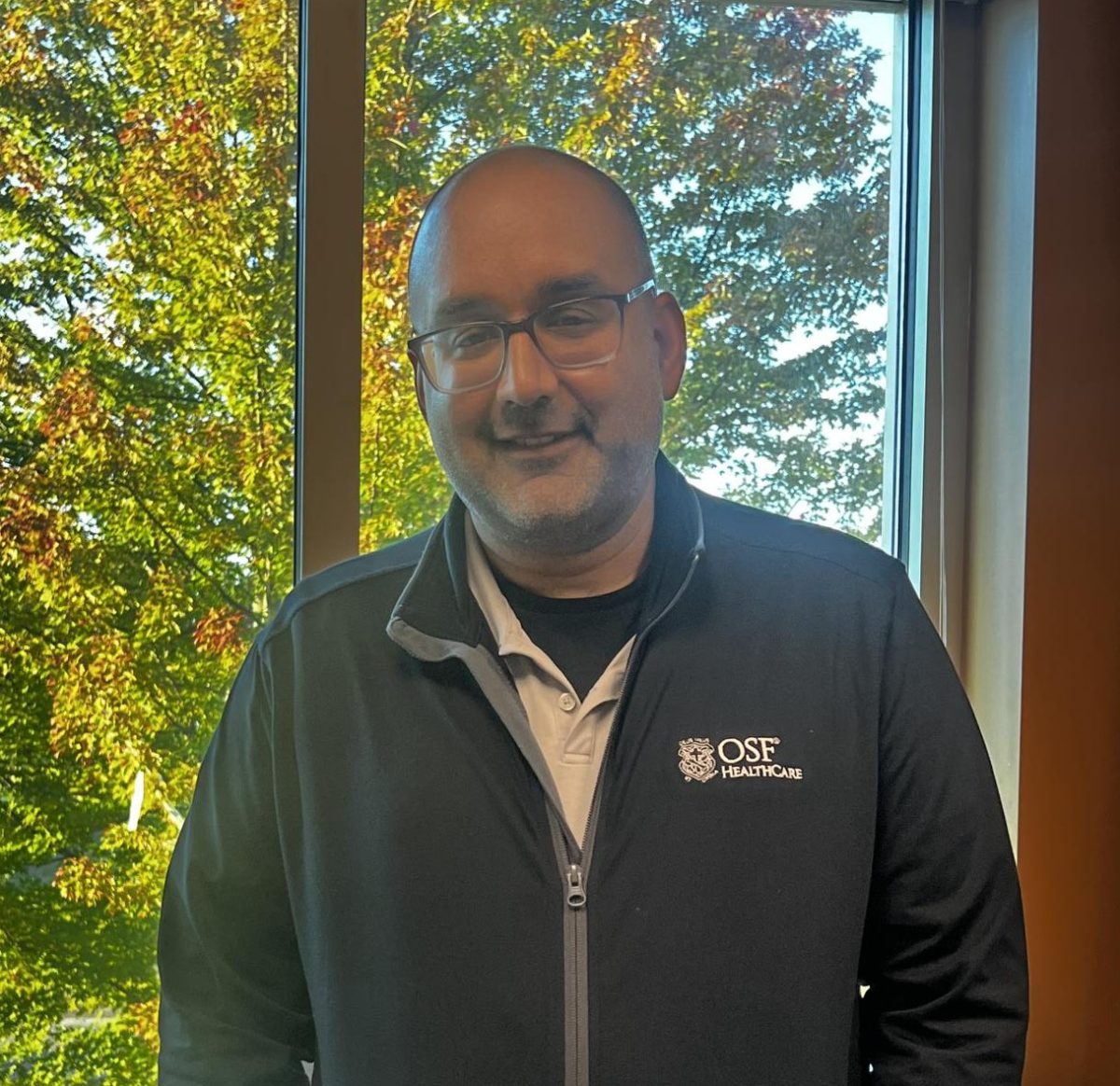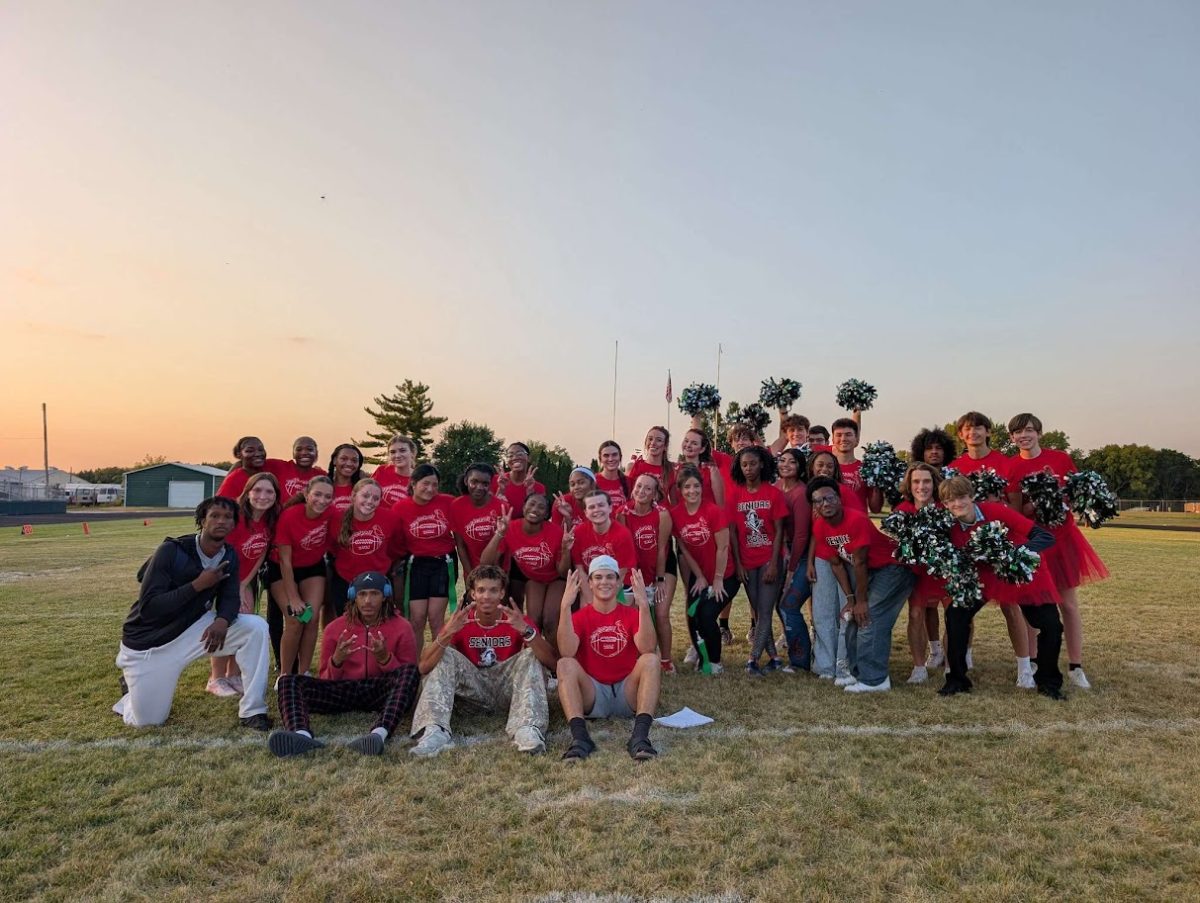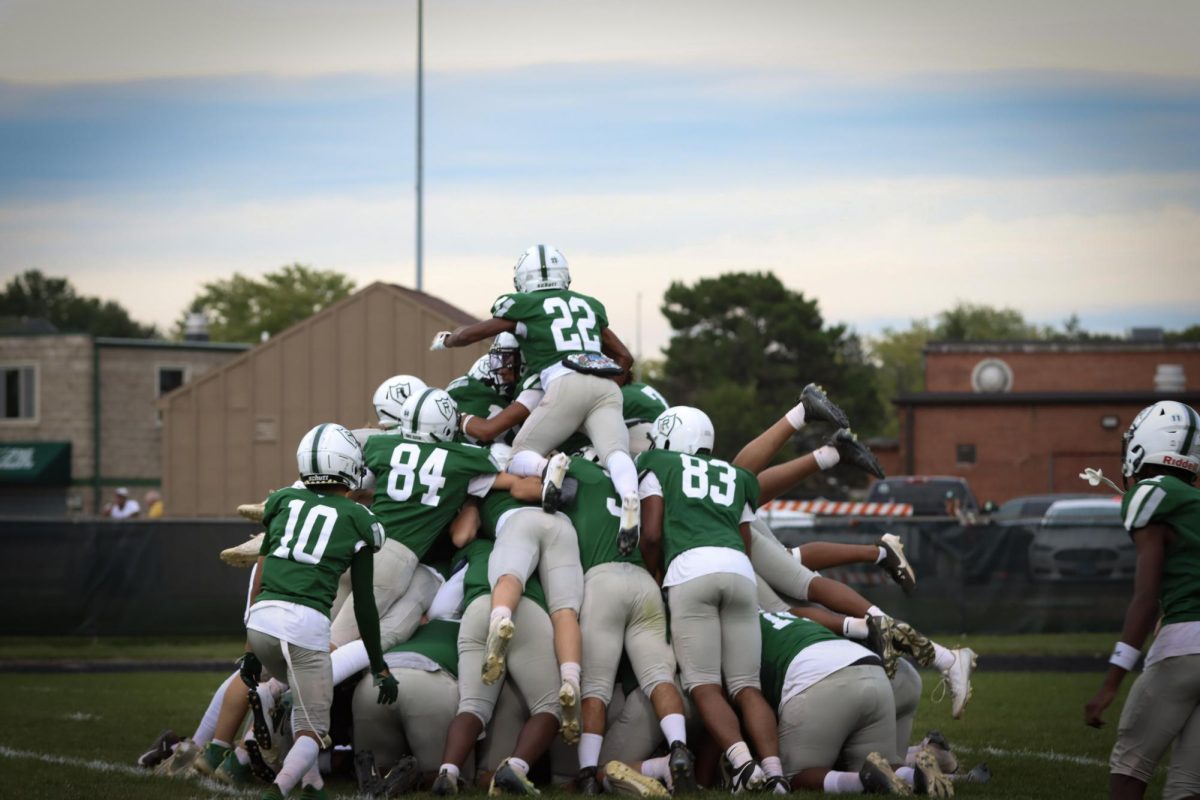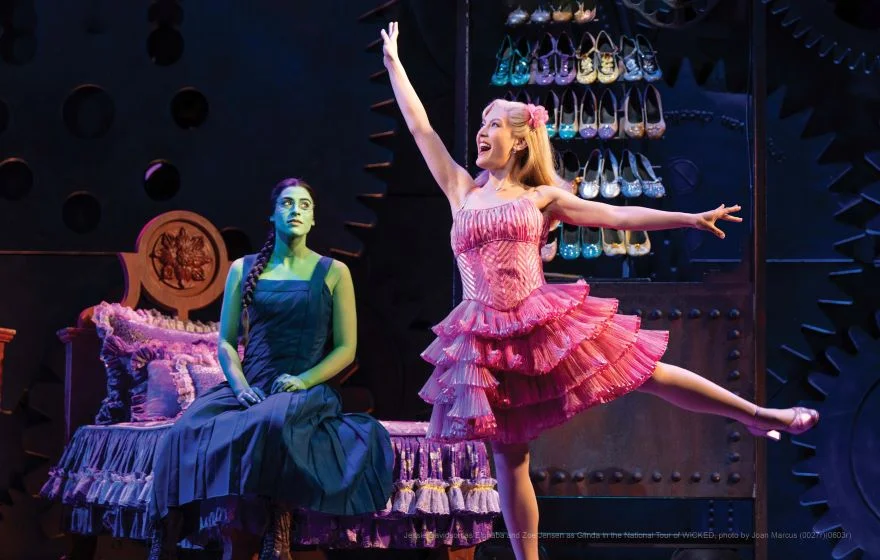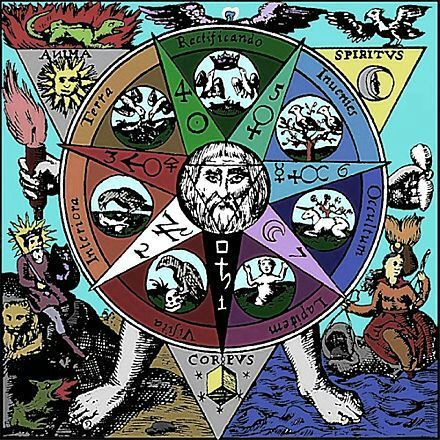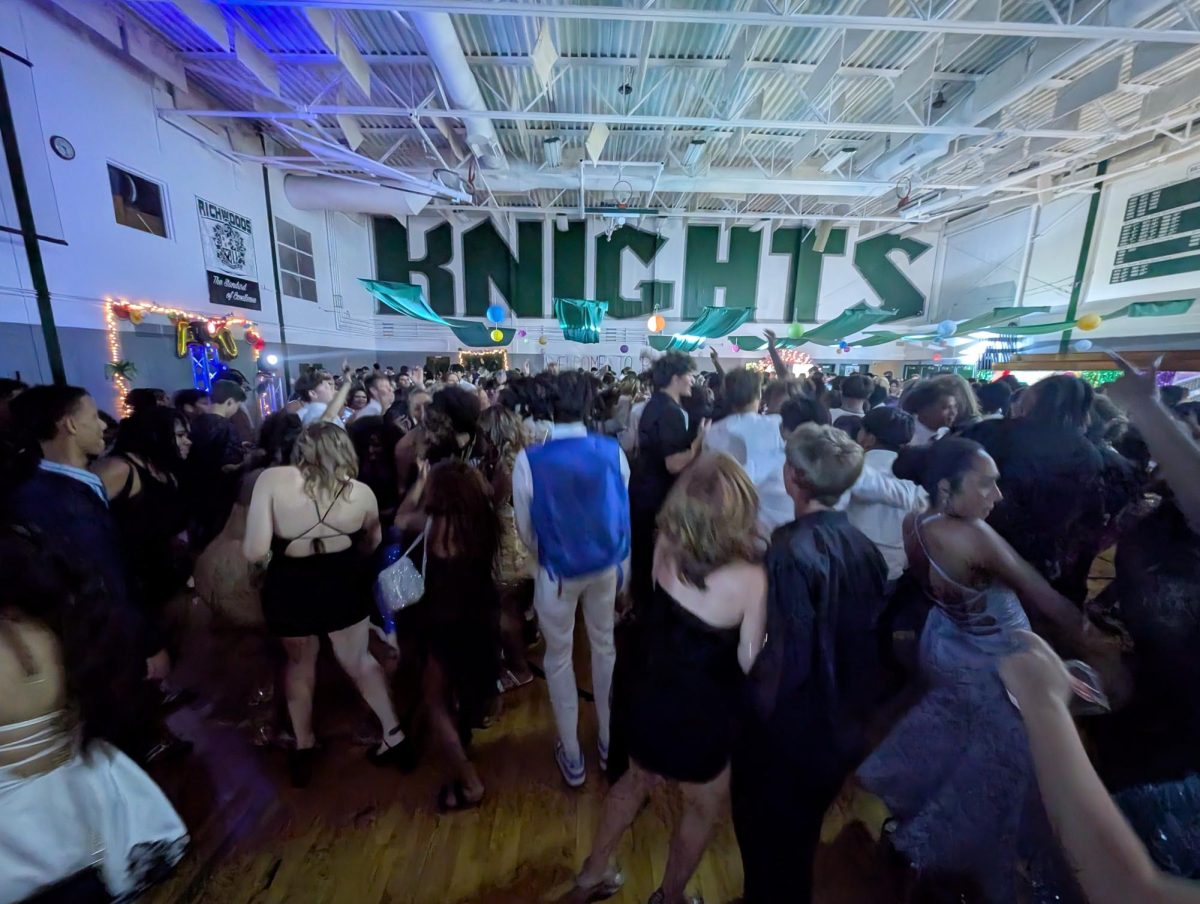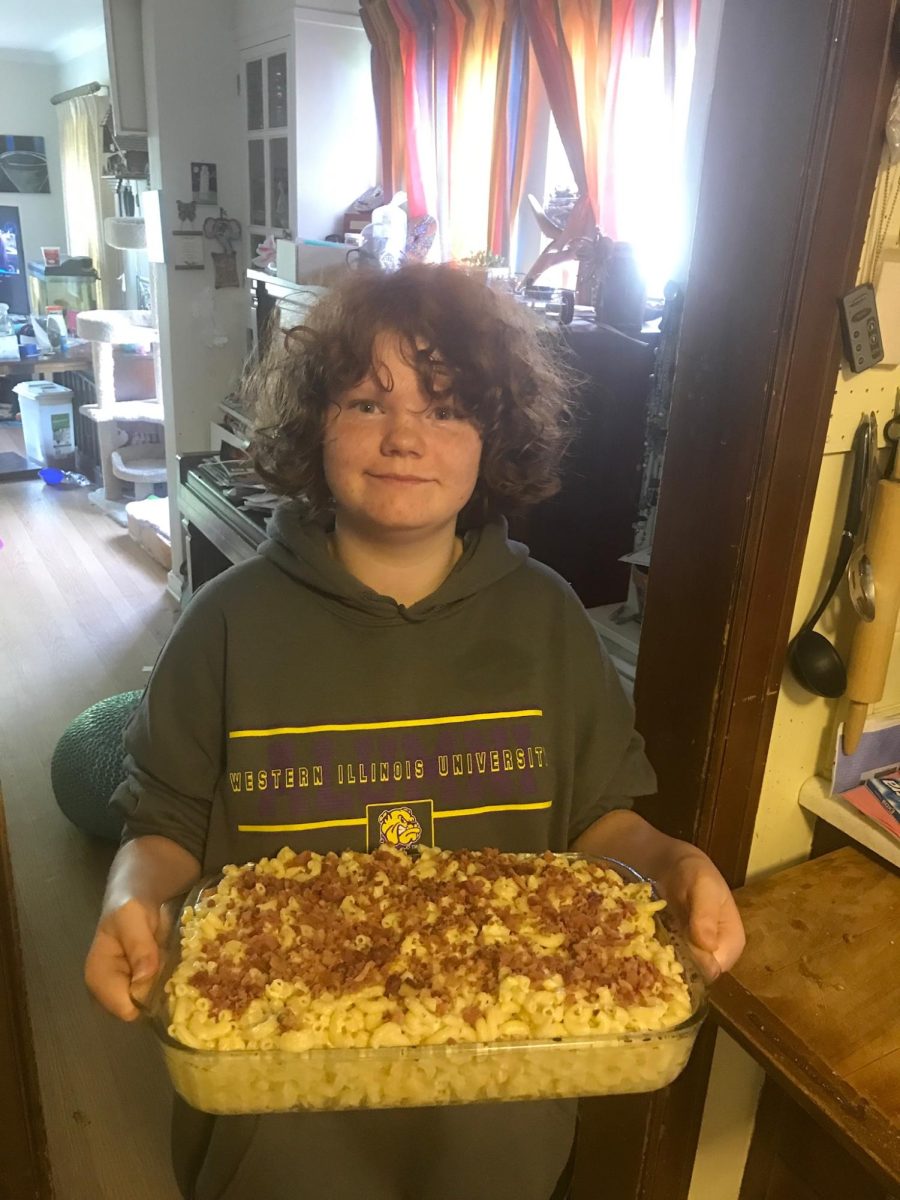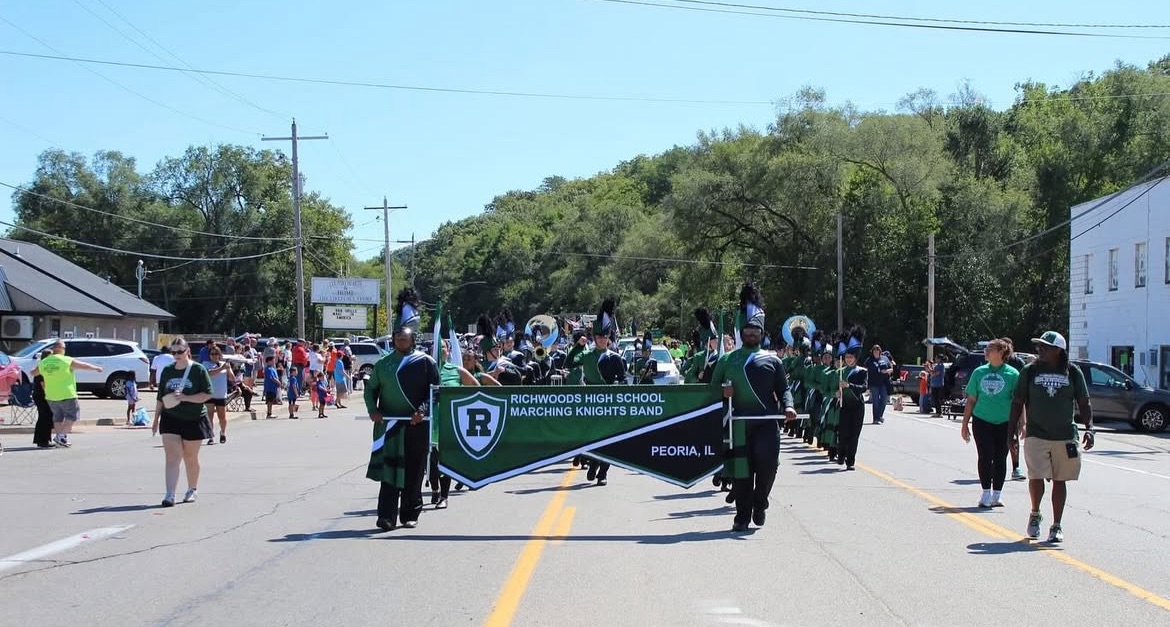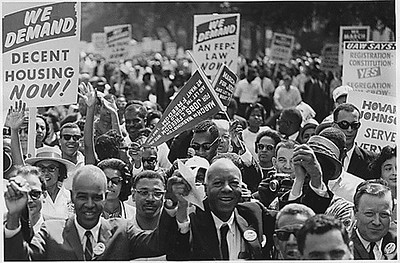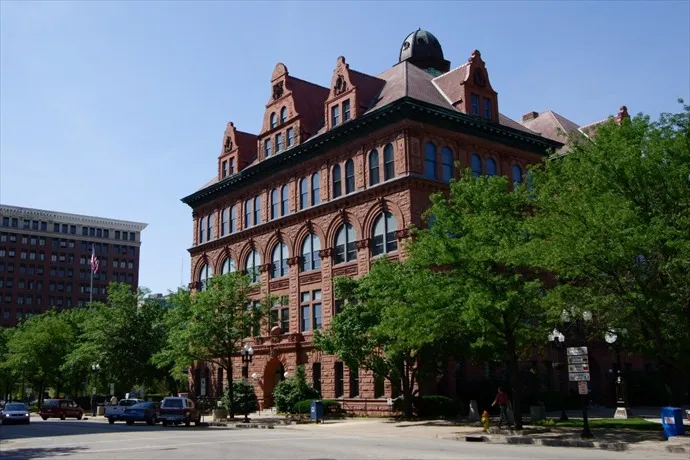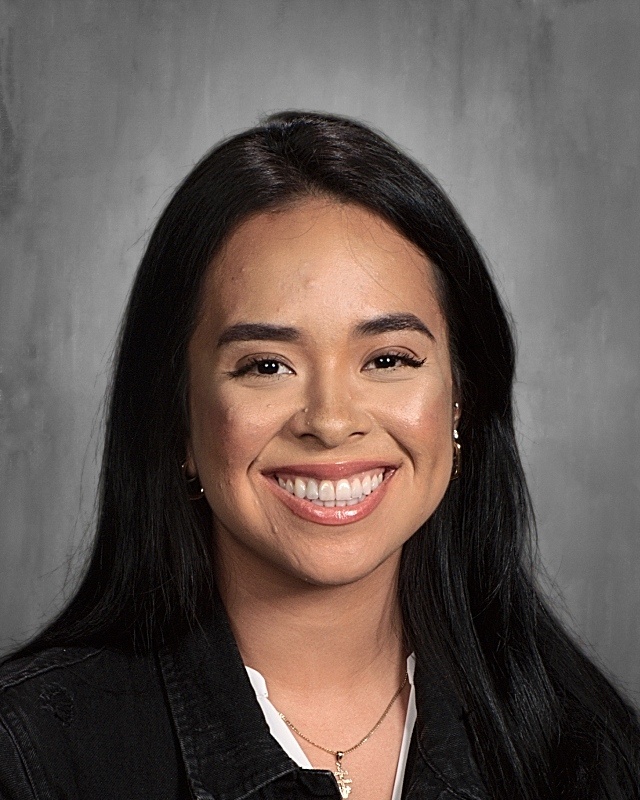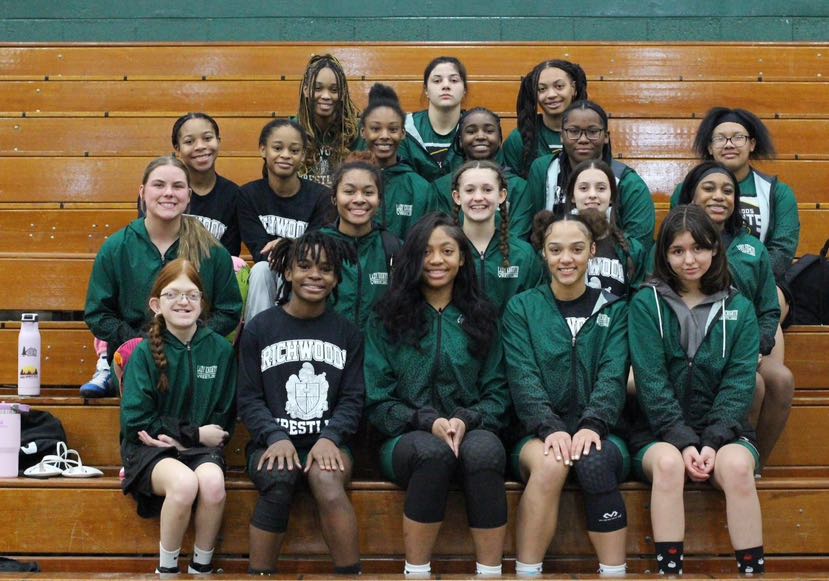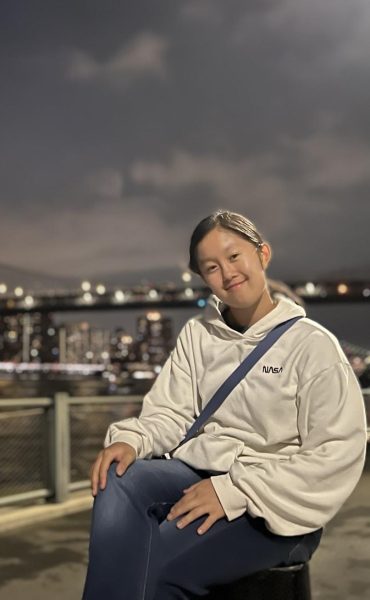The March on Washington for Jobs and Freedom on August 28, 1963 is regarded as one of the most influential marches in the history of the Civil Rights Movement. On that day, Martin Luther King Jr. gave his famous “I Have a Dream” speech in front of 250,000 people, who came from around the country to gather at the Lincoln Memorial. Lorene King, a local resident in Peoria, was among those participants on that day. The ideals that inspired her to participate in the March on Washington have lived on as she continues to work for equality and freedom after coming back to Peoria.
King joined the Civil Rights Movement in the early 1960’s with the hope that one day African Americans would finally have the rights, freedom, and equality that belong to all Americans. In August of 1963, when King, at the age of 17, took a bus from Peoria and rode over 800 miles to Washington D.C., she had no idea she would be attending one of the most important marches during the Civil Rights Movement. “I didn’t realize the significance of it at the time though. We just knew we were trying to make things better for the people who came behind us,” said King.
Born in Memphis, Tennessee, King often spent summer vacations in Peoria with her aunt, uncle, and cousin, who were involved in the National Association for the Advancement of Colored People (NAACP). As a result, King also joined the organization’s events and activities during her stay in Peoria. In July 1963, a month before the March on Washington, King joined the protest against the Peoria based Central Illinois Light Company for hiring only one black employee out of its 600 workers. The result of the demonstration was the arrest of thirty-six African Americans, most of whom were teens. “We were sitting on the sidewalk. It was already hot, and they turned steam heat on us,” said King. After the Light Company sit-in, Peoria NAACP continued their protests against other companies that did not hire African Americans. King reminisced about how her involvement in the Peoria NAACP had prepared her for the March on Washington: “We were so used to doing sit-ins and marches in Peoria. The march (on Washington) was just an extension of what we were already doing.”
The March on Washington also inspired King to do something meaningful and impactful with her life. Upon returning to Peoria with her family, she said to herself, “Okay, God, you got to show me what I’m supposed to do because I know I can’t just sit here.” Restless to do more for others, King seized a rare opportunity at that time to obtain a higher education as she moved from Tennessee to Illinois to attend Bradley University. This opportunity was given to her by the United Negro College Fund, which tried to integrate colleges through giving scholarships to Black students. Assisted by her aunt and her uncle, who offered King to move in with them, King was thrilled to receive such an opportunity. She remembers telling herself that she was “going to break the cycle of poverty,” by attending college. Amidst her marriage and the birth of her daughter, King eventually graduated from Bradley with a marketing degree.
After college, King became a mentor by working in the Student Supportive Services at Illinois Central College (ICC) and the University of Illinois College of Medicine. She said her passion to help others came from her experiences she went through during the Civil Rights Movement: “So, I think because I had gone through those experiences, that I felt obligated to guide other people through that as well.” However, her fight for racial equality is not quite finished. King, at the age of 78, is still determined to bring the fight from the March on Washington for equality and freedom to Peoria, where she hopes she can pay it forward for the next generation. In 2023, King became a commissioner on the Peoria City County Joint Commission on Racial Justice and Equity– Transportation and Mobility Sub-Committee, which examines the problems in mobility in Peoria’s disadvantaged communities connected to racial disparity. “If they (younger generations) read the history, then they’ll know that the people who succeeded and the people who made a difference are the people who didn’t give up and didn’t turn around. People who didn’t stop going forward, ” stated King. From a young girl, who attended the March on Washington, to a commissioner for the City Council, King has proved that she has never stopped going forward and fighting.
Sources:
https://www.25newsnow.com/2024/02/29/local-activist-brings-momentum-1963-march-washington-back-peoria/
https://www.25newsnow.com/2024/02/21/local-activist-recalls-attending-march-washington-six-decades-later/
https://www.pjstar.com/story/news/2013/08/28/civil-rights-protesters-were-representatives/41995003007/
https://www.peoriacounty.gov/1252/Transportation-and-Mobility
https://peoriacounty.org/AgendaCenter/ViewFile/Agenda/_07112022-1234
https://www.peoriacounty.gov/AgendaCenter/ViewFile/Agenda/_11062023-1517


